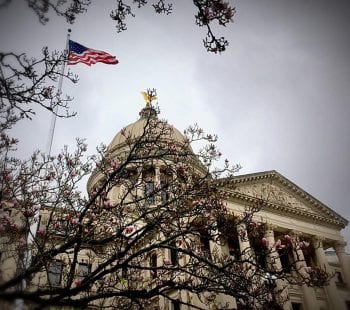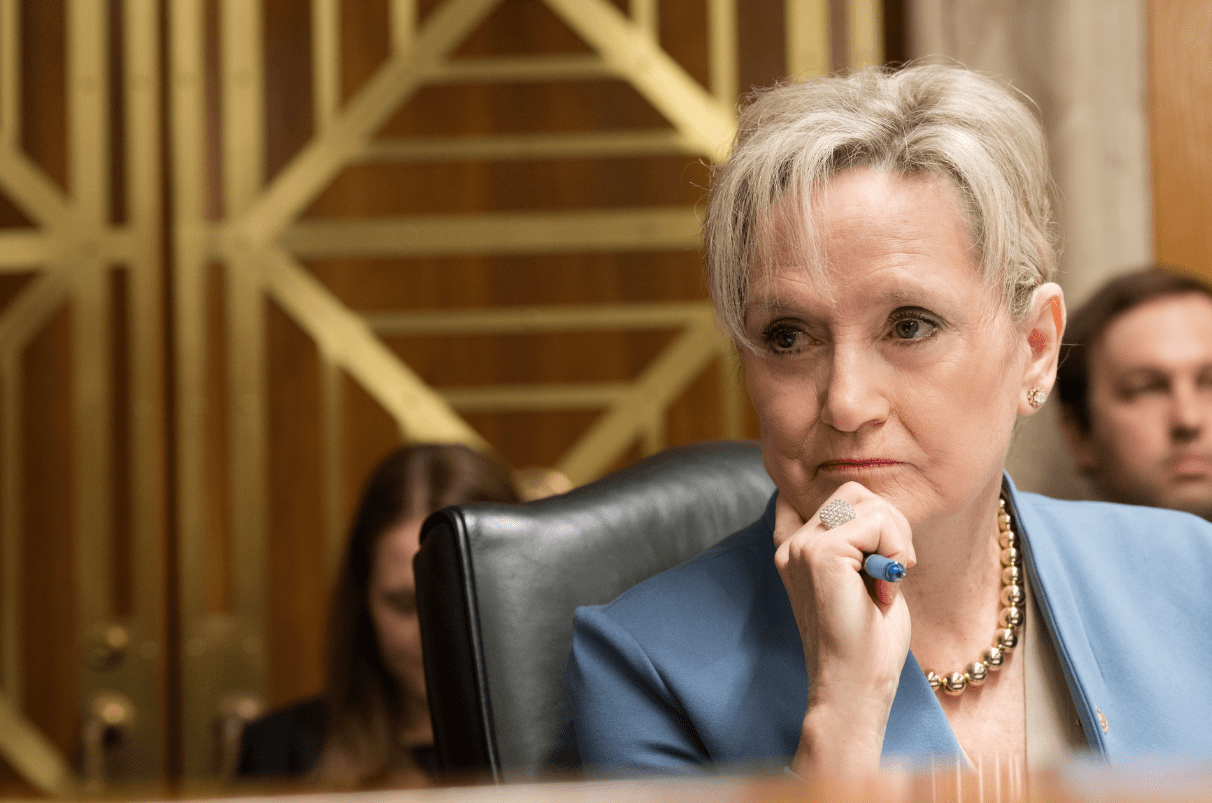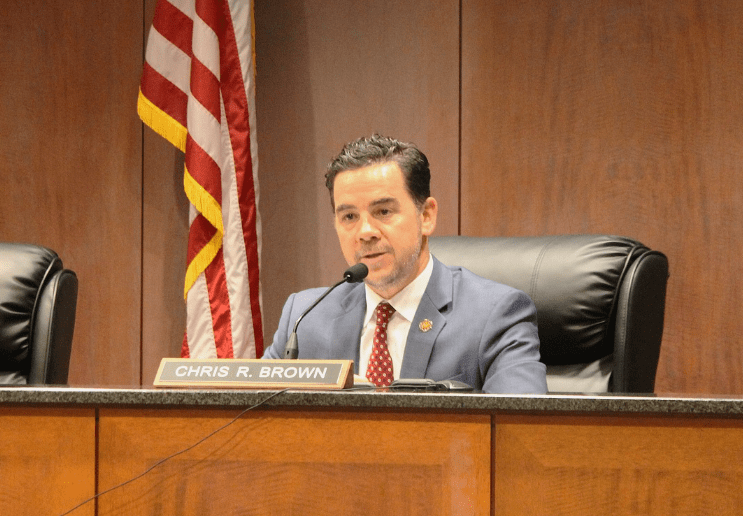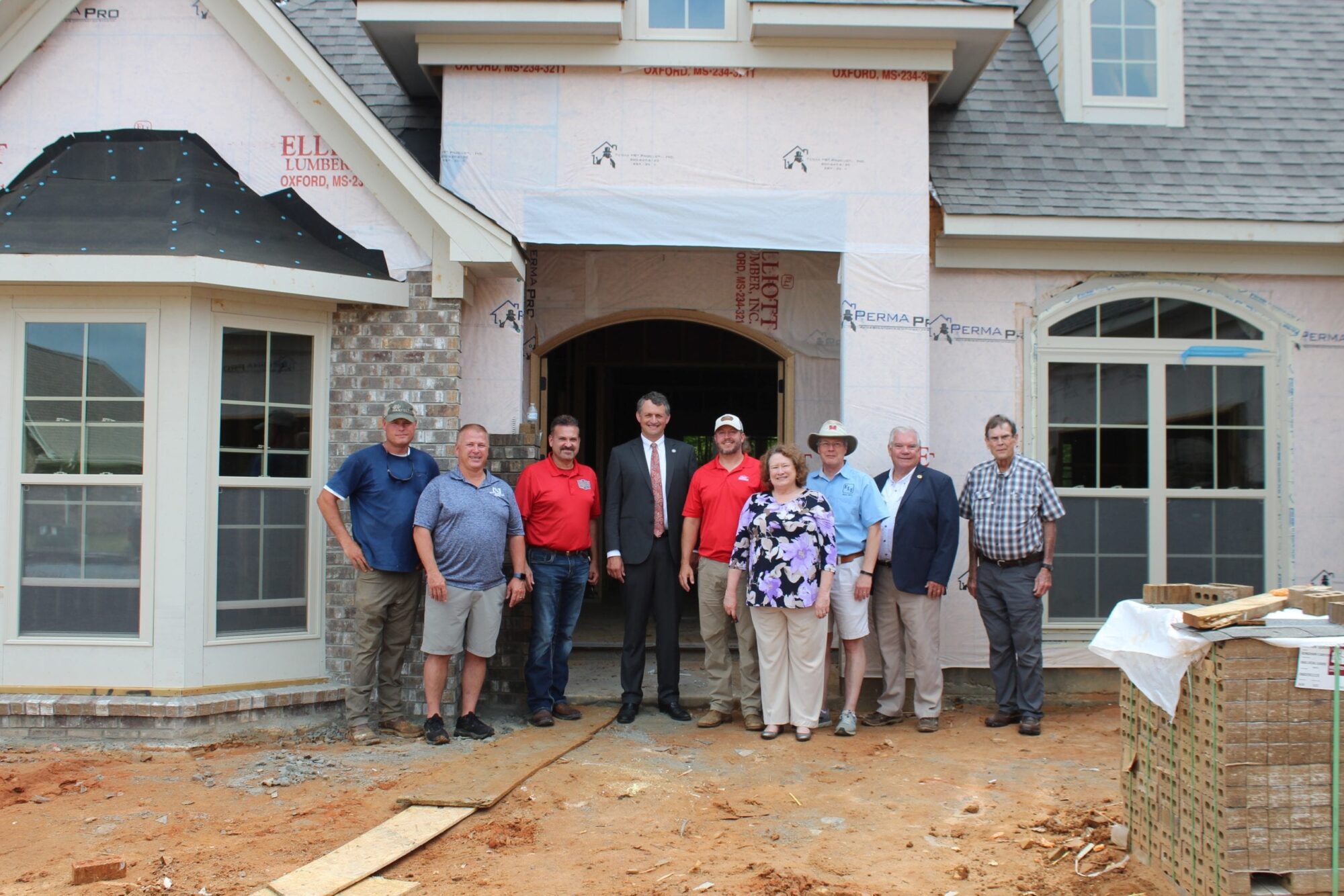
Last week, the Mississippi House unanimously passed a resolution extending the 2020 session until the end of the year. The state Senate did not follow suit as a sufficient number of Senators made it clear that they were not on board. A majority of Senators were reluctant to bring it to the floor over concerns of both cost and precedent.
Extending the session and not adjourning would mean lawmakers and, by virtue of their offices, Speaker Philip Gunn and Lt. Gov. Delbert Hosemann, would have more control over when and what legislation could be brought before the bodies. This would essentially derail the ability of the Governor to set a limited agenda in a call for a special session.
State Rep. Jeramey Anderson (D-HD 110) said as much in a statement issued last Wednesday on Twitter. Anderson wrote, “By extending the session, we will not be forced to rush bills through the process, or to meet in a special session with a very narrow agenda.”
See my statement following today’s vote on House Concurrent Resolution 69. pic.twitter.com/mRP9zjO9oh
— Rep. Jeramey Anderson (@jerameyanderson) May 27, 2020
Rumblings within the Senate chamber asserted that the House is now holding “good, conservative legislation” hostage and is willing to let bills die in House committees if the Senate does not approve HCR 69.
One of the alleged examples of the political collateral damage is the Animal Cruelty Bill sponsored by Sen. Angela Hill. SB 2658 is now sitting in House Judiciary B. Sen. Brice Wiggins, a supporter of the Senate bill, called out the House generally on the intransigence and used pointed language connecting the passage of HCR 69 with SB 2658.
“Right now, I’m being told from many different people here at the Capitol that that bill is being, for politics, is being stopped in the House of Representatives,” Wiggins said. “Where is that politics coming from? If you’ve been following what’s going on, there is a resolution over the CARES Act that was going to keep the Legislature in session for all year, and the Senate has not acted on that resolution. For whatever reason, that resolution is for some reason a priority to the House of Representatives in this moment in time.”
Wiggins called the move in the House “Washington D.C. politics.”
https://www.facebook.com/senatorbricewiggins/videos/289067808894563/
Tuesday is the deadline for committee action on general bills in the opposite chamber.
Thus far, remarks in the House surrounding the decision to extend the regular session to allow lawmakers to reconvene as needed contend that doing so will incur no extra costs for taxpayers as the pandemic persists.
However, that point remains in question given the traditional compressed and constitutionally outlined limited nature of the Legislature. Also, it brings into question how such a move would be funded as the 2020 session would roll into a new fiscal year.
Y’all Politics has sought comment from various Senate and House members to gain clarity on the process and procedures should the session be extended but no one has agreed to go on record. At this point, Sen. Wiggins is the only lawmaker that has been willing to publicly discuss what is at play.
The Governor can still call a special session even if the regular session is extended. But, if the Legislature is still technically in regular session, they could just “tap in and tap out” of the special session and then be back into a regular session to consider whatever they choose. Precedent exists for such a move. Calling a special session would raise the narrative of costs, whether real or perceived, further pitting the legislative branch against the executive branch.
For now, this legislative tactic is in limbo with the notion of legislation passed out of the Senate meeting its demise in the House if HCR 69 if not agreed to by Senators as a backdrop.
House leadership has not responded to multiple requests for comment as of press time.
More will likely be revealed on this in the days ahead as budgets and larger policy issues for the session are decided as deadlines come and go. If indeed Senate bills die in the House as a result of Senators not playing ball with the other chamber over the session extension resolution, the public will likely hear about it from those members in short order.











